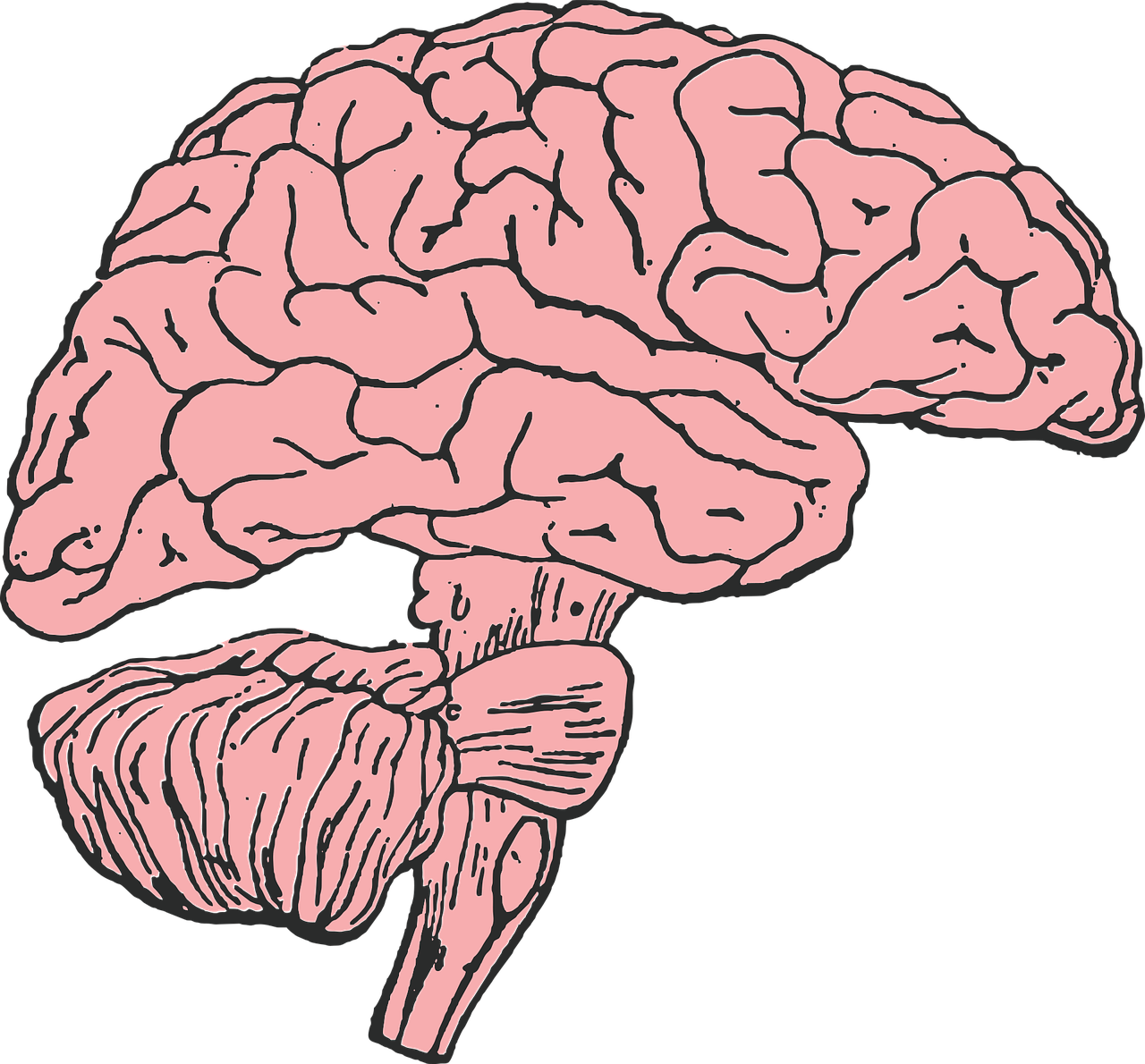By Mili Jayadeep | Science Editor
The brain is a fundamental organ that is responsible for our cognition, intelligence and the director of our senses and behaviour. It is protected by the skull and enveloped by three meningeal layers. If foreign invaders such as viruses or bacteria were to attack the body, the immune system defends against these by secreting antibodies and immune cells. Similarly, the meninges is responsible for protecting the brain from pathogens by forming a defence system that reduces the likelihood of such invaders entering the brain.
A new study conducted by scientists at the University of Cambridge, UK and the National Institute of Health, USA have published research suggesting that the meninges houses protective immune cells. Previously, it has been unclear as to the brainÔÇÖs mechanism of protection against foreign invaders.
 Their research shows that the immune cells responsible for this are plasma cells that release antibodies into the large vessels in the meninges due to their convenient location. When the scientists investigated further, they found that this antibody type, known as Immunoglobulin A(IgA) was normally found in the intestine i.e the gut. Plasma cell originate from cells known as B cells, which have antigens specific to that cell. When B cells are activated during an immune response against an invader, these cells replicate to create more B cells that has the same antigen. During this process, the B cells become more specific to the foreign invader, which enables better binding hence offering a targeted defence system.
 The scientists studied the genetic sequence of the antibody in B cells and plasma cells in both the gut and the meninges, which confirmed their relation. The lead scientist, Professor Menna Clatworthy from the Department of Medicine and CITIID at the University of Cambridge and the Wellcome Sanger Institute says,
┬á“The exact way in which the brain protects itself from infection, beyond the physical barrier of the meninges, has been something of a mystery, but to find that an important line of defence starts in the gut was quite a surprise,”┬á
┬áThe teamÔÇÖs finding linking the brain to gut connection reveals the importance of their relation. Invading pathogens in the gut have resulted in the creation of these antibodies that have ended up in the meninges of the brain. Professor Menna Clatworthy explains.┬á
“But actually, it makes perfect sense: even a minor breach of the intestinal barrier will allow bugs to enter the bloodstream, with devastating consequences if they’re able to spread into the brain. Seeding the meninges with antibody-producing cells that are selected to recognise gut microbes ensures defence against the most likely invaders.”
The teamÔÇÖs findings were owing to experiments using mice as animal models. It was observed that mice that had no bacteria in the gut also had no IgA-related cells in their meninges. This points to the conclusion that when pathogens are introduced in the gut, the immune cells recognise and respond by honing their defence mechanism, which includes its additional presence in the meninges. The researchers also found that when the meninges plasma cells were taken away, no IgA could be produced hence infection was then able to cross the blood-brain barrier, which would have detrimental consequences.
This research highlights the importance of the gut in protecting the brain from deadly infections affecting the central nervous system, such as encephalitis and meningitis. These findings were also confirmed in the human meninges as the scientists studied samples taken from surgery. Ultimately, this study unveils some answers to a long-standing mystery about the brainÔÇÖs defence system.








Add Comment